Korean chipmakers
Samsung to make mobile AP chip dedicated to Galaxy smartphones
With the new mobile processor, Samsung aims to build its own tech ecosystem to catch up to Apple
By May 16, 2022 (Gmt+09:00)
3
Min read
Most Read
Samsung shifts to emergency mode with 6-day work week for executives


Alibaba eyes 1st investment in Korean e-commerce platform


Blackstone signs over $1 bn deal with MBK for 1st exit in Korea


NPS loses $1.2 bn in local stocks in Q1 on weak battery shares


OCI to invest up to $1.5 bn in MalaysiaŌĆÖs polysilicon plant


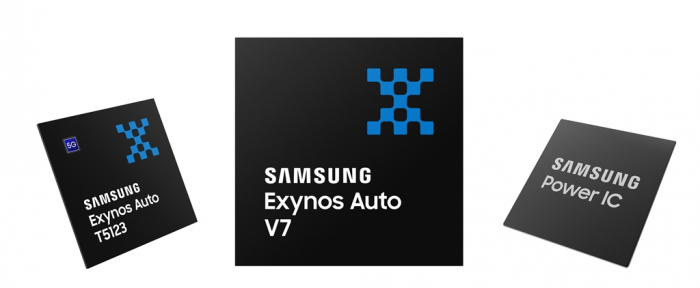
Samsung Electronics Co. is working on a mobile application processor chip, which will be used exclusively for its flagship Galaxy smartphone series starting in 2025.
Samsung, the worldŌĆÖs largest memory chip and smartphone maker, has begun developing the AP chip, which works like a human brain in a smartphone, people familiar with the matter said on Monday.
Samsung plans to complete the design of the chip by 2023 with an aim to start installing it in Galaxy smartphones in 2025, they said.
A mobile application processor is a system on a chip (SoC) designed to support applications running in a mobile operating system environment.
The South Korean technology giantŌĆÖs MX, or mobile experience, division, which makes smartphones, has so far purchased such chips from other suppliers, including Qualcomm Technologies Inc. and MediaTek Inc., a Taiwanese chip company, to power its mobile phones.
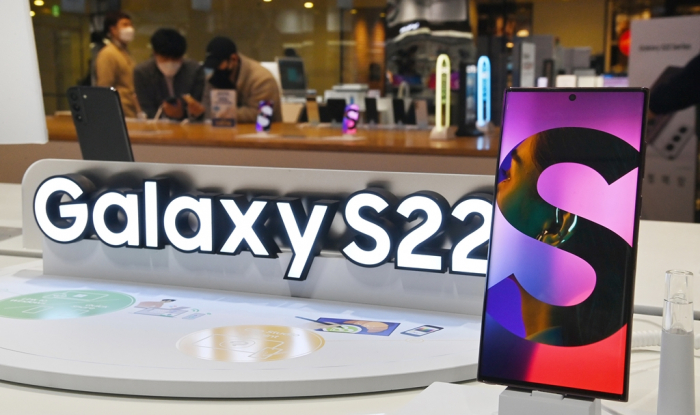
SamsungŌĆÖs flagship Exynos mobile chips made by its device solutions, or DS, division, have also been used in some of its latest Galaxy smartphones.
Earlier this year, the company unveiled the Exynos 2200, which it said offers a console-level gaming experience on smartphones.
The Exynos 2200, built on SamsungŌĆÖs most advanced chip manufacturing technology ŌĆō the 4-nanometer extreme ultraviolet (EUV) lithography process ŌĆō is used in the companyŌĆÖs newest smartphone, the Galaxy S22 series.
Once the new type of mobile AP chip is out, Samsung plans to use the Exynos line of chips only for its mid-tier and low-end smartphones, according to the sources.
MISHAP WITH GALAXY S22
The development of a new mobile AP chip other than the Exynos comes as Samsung faces growing complaints from consumers over its ambitiously launched Galaxy S22 series smartphone.
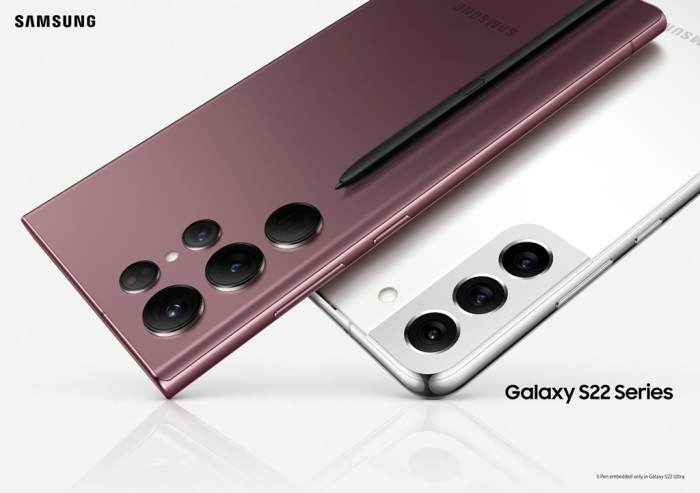
Last month, some 2,000 users of the smartphone filed a class action suit against Samsung, alleging that the company deceived consumers by concealing a key game-related function from them.
According to the lawsuit, Samsung allegedly pre-installed a Game Optimizing Service (GOS) app that selectively throttles access to the deviceŌĆÖs processing power, a move that gamers claim was designed to cut component costs.
Following the incident, Samsung has decided to launch a new mobile AP chip more suited for its flagship Galaxy smartphones to address technological glitches and enhance its presence in the global application processor market, the sources said.
According to research firm Strategy Analytics, Samsung ranked fourth in the global AP market with a 6.6% share in 2021, following QualcommŌĆÖs 37.7%, MediaTekŌĆÖs 26.3% and AppleŌĆÖs 26%.
SamsungŌĆÖs AP market share has been sliding since it enjoyed a 14% share in 2019, with rivals such as Google and ChinaŌĆÖs Oppo entering the increasingly competitive market. Oppo is said to be unveiling its own mobile processor as early as 2023.
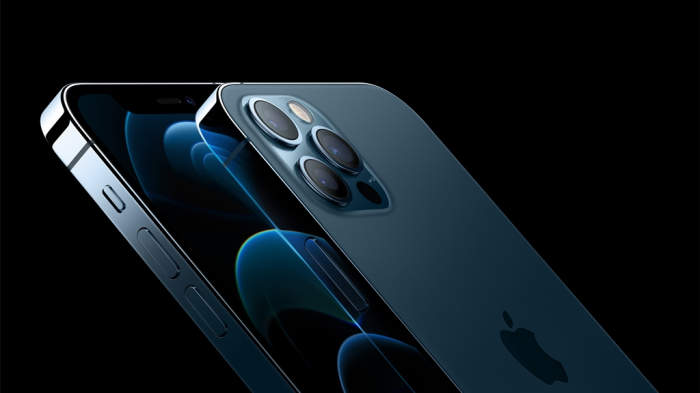
SAMSUNG ECOSYSTEM TO RIVAL APPLE
The development of a new mobile AP chip is part of SamsungŌĆÖs goal to get ahead of Apple by building its own technological ecosystem.
Samsung and Apple have had a long rivalry in the global smartphone and other mobile device markets. The Korean tech behemoth is the top smartphone player in shipments but Apple is the unrivaled No. 1 maker in terms of sales value.
According to market research firm Counterpoint Research, Samsung was the top smartphone seller with an 18.9% market share last year, closely followed by Apple (17.2%), ChinaŌĆÖs Xiaomi Inc. (13.5%), Oppo (11.4%) and Vivo Communications Technology Co., which had a 9.6% share.
In value terms, however, Apple topped the list with $196 billion in smartphone sales. Samsung was the distant runner-up with $72 billion.
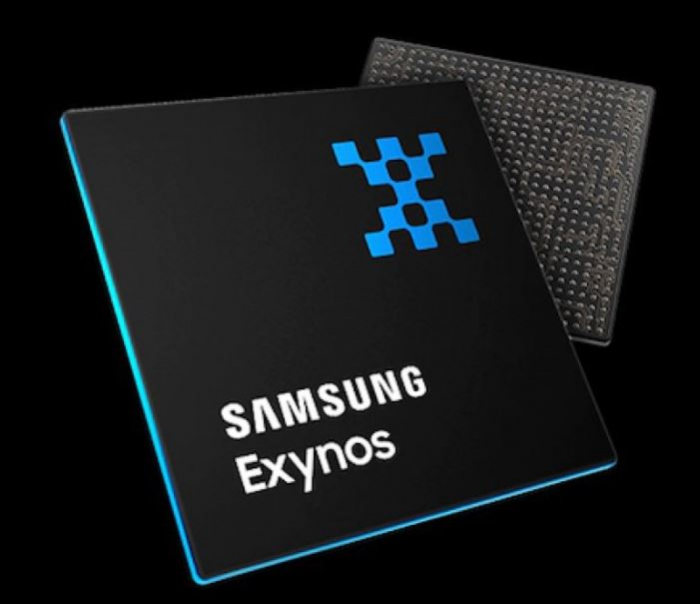
The US tech company, which previously secured mobile AP chips from supplies such as Samsung and Intel Corp., started developing a processor, the Apple A series, in-house for use in iPhones and other consumer devices in 2011.
By establishing its own ecosystem covering both hardware and software, Apple made it possible for consumers to use a variety of its products with a single ID, providing seamless connectivity.
ŌĆ£Without its own ecosystem, something similar to AppleŌĆÖs, it will be just a matter of time before Samsung falls behind Chinese companies,ŌĆØ said a local industry official.
Write to Shin-Young Park, Ji-Eun Jeong and Sungsu Bae at nyusos@hankyung.com
In-Soo Nam edited this article.
More to Read
-
 ElectronicsSamsung Galaxy A series: Budget smartphone with advanced features
ElectronicsSamsung Galaxy A series: Budget smartphone with advanced featuresMar 18, 2022 (Gmt+09:00)
2 Min read -
 ElectronicsSamsung launches LTE-only Galaxy A23 to target low-end market
ElectronicsSamsung launches LTE-only Galaxy A23 to target low-end marketMar 25, 2022 (Gmt+09:00)
1 Min read -
 Tech, Media & TelecomSamsungŌĆÖs Galaxy S22 Ultra: Setting new smartphone standard
Tech, Media & TelecomSamsungŌĆÖs Galaxy S22 Ultra: Setting new smartphone standardFeb 10, 2022 (Gmt+09:00)
4 Min read -
 Tech, Media & TelecomSamsung touts latest Exynos 2200 chip as mobile game changer
Tech, Media & TelecomSamsung touts latest Exynos 2200 chip as mobile game changerJan 18, 2022 (Gmt+09:00)
3 Min read -
 Korean chipmakersSamsung to jump into laptop processor market with Exynos chip in H2
Korean chipmakersSamsung to jump into laptop processor market with Exynos chip in H2May 09, 2021 (Gmt+09:00)
2 Min read
Comment 0
LOG IN


